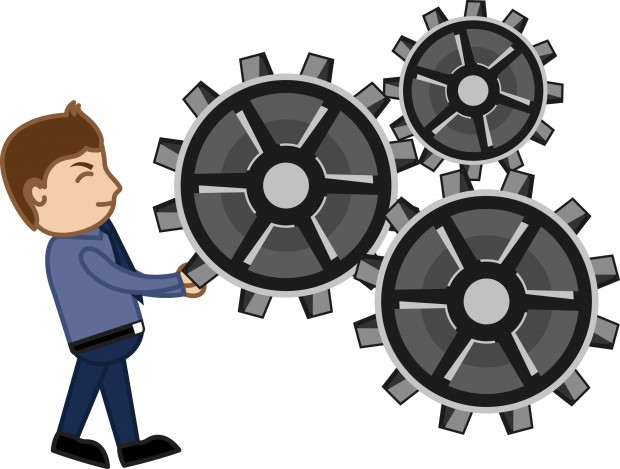I love the book “Freakonomics.”
I always like different ways of looking at things.
One very flexible mindset to have is “models of the world.”
Too often we get caught up in our own way of thinking, which is necessarily limited.
We all have unique experiences, beliefs, biases, etc.
One way to “think outside the box” either for fun, or to shake things loose in your life is to try on different “models of the world.”
If you’re a fan of the old TV show, “The X-Files,” they did this all the time.
Two FBI agents investigating paranormal stuff. One guy believed in aliens, the other believed science always had an explanation.
One of the reasons the show was so successful, and developed a HUGE cult following, was that BOTH angles (science and paranormal) were plausible. Either could be used to describe what had happened in that particular episode.
One of the presuppositions of NLP is that “all else equal, the person with the most flexibility will prevail.”
Meaning if you are looking at a problem, and you only have ONE way to solve it, once you get stuck, you’re done.
But if you can switch out different “models of the world” until you find a solution, even if it isn’t one that fits your favorite “model,” you’ll generally do better than the one-model-wonders of the world.
As I’m sure you know, life is nothing but problems to be solved along the way to your goals that will be achieved.
The more successfully you can overcome those INEVITABLE obstacles, the easier of a time you’ll have.
One of the things they looked at in “Freakonomics” was that people that made a lot of money tended to have a lot of books.
Even in the book, “The Millionaire Next Door,” one of the things that found out about your average run of the mill millionaire is that they got their money very SLOWLY.
Not by mumbling some magic words from the Law of Attraction. By getting into the world, every day, and getting it done.
And their preferred form of entertainment as not TV or movies, but books. And not just fiction, but non-fiction.
You can learn a lot of “models of the world” by reading Biographies of famous people. Or classic stories from literature.
People from different times, different political and economic systems, different religions and different ethnicity’s.
The more you learn how OTHER PEOPLE throughout time have successfully solved their problems, the more flexible you’ll be when you come up upon your own.
You can even be like Napoleon Hill, who created an IMAGINARY GROUP of people from history that he talked to on a regular basis.
Whatever works!
They say you should spend ten percent of your income, and ten percent of your time, on self-improvement.
Learning skills. Improving skills.
After all, this strategy made a lot of people a lot of money.
Why not you?
Get Started:

